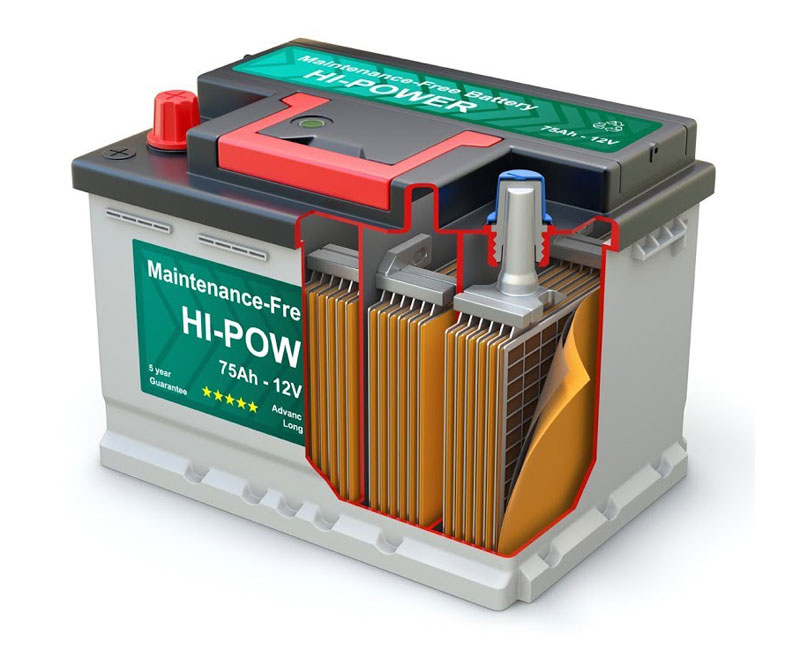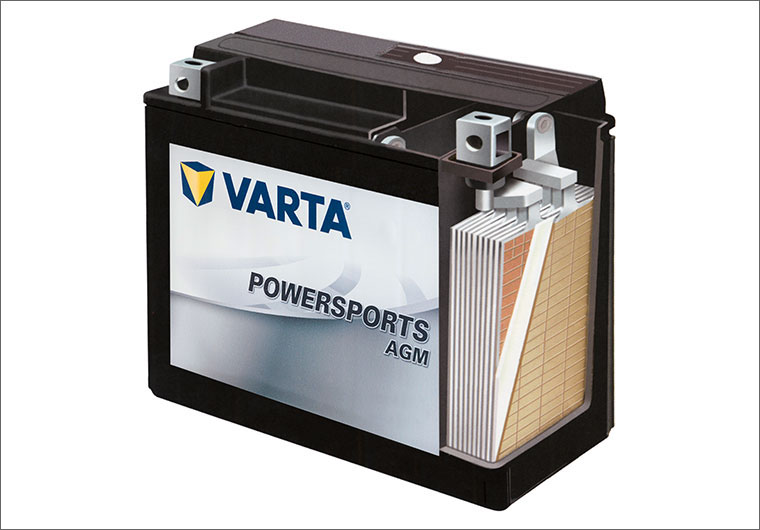Types Of Car Batteries - Explained
Car batteries are the heartbeat of your vehicle, providing the energy required to turn on the engine and power various components. With the advancement of automobile technology, various car battery kinds have appeared, each with unique features and advantages. This post will look at the many different types of automobile batteries that are now on the market.
Lead-Acid Batteries:
Lead-acid batteries are the most typical and conventional type of automobile battery. They have been available for a long time and are renowned for being dependable and inexpensive. Lead plates in these batteries are submerged in sulfuric acid, which causes a chemical reaction that produces electrical energy. They are widely available from car batteries suppliers repairs24 and suited for most automobiles.

Absorbent Glass Mat (AGM) Batteries:
Batteries with an absorbent glass mat (AGM) are a modern variant of lead-acid batteries. Between the lead plates, they have a fibre glass cushion submerged in electrolytes, which has various benefits. For example, AGM batteries can deliver more cranking power, have a greater lifespan, and are more vibration-resistant.
These batteries are frequently seen in high-end, powerful automobiles with cutting-edge electrical systems.
Gel batteries:
Another variety of lead-acid batteries is the gel battery, which utilizes an electrolyte that resembles gel rather than a liquid. A thick, viscous substance called a gel electrolyte is produced by incorporating silica into the electrolyte. Gel batteries can be installed in various orientations, have great vibration resistance, and require no maintenance. As a result, off-road vehicles, motorbikes, and marine applications frequently employ them.

Lithium-Ion (Li-ion) Batteries:
Due to their high energy density, lightweight construction, and extended lifespan, lithium-ion batteries have become increasingly popular in recent years. Li-ion batteries don't have any liquid or gel electrolytes like lead-acid batteries. Instead, they use lithium molecules as a chemical method of energy storage. Li-ion batteries are well-known for their quick charging characteristics and are frequently found in hybrid and electric vehicles (EVs).
Nickel-Metal Hydride (Ni-MH) Batteries: Batteries made of nickel-metal hydride (Ni-MH) are an additional option to classic lead-acid batteries. They are more sustainable and provide greater energy density. However, Ni-MH batteries compromise price and efficiency and are frequently used in electric and hybrid vehicles.
How to Choose the Best Types of Car Batteries?
Consider aspects like battery size, capacity, and compatibility with your vehicle when choosing the finest car battery. Also, consider your power needs, such as the number of cold-cranking amps (CCA) needed for dependable starting. Before choosing, consider the benefits and drawbacks of lead-acid, AGM, and lithium-ion batteries. Research reliable brands, warranty choices, and user reviews to choose a durable and long-lasting car battery.
Conclusion:
For optimum performance and reliability, selecting the correct car battery is crucial. Evaluate your vehicle's specs, driving style, weather, and budget to make the best decision. In addition, it can be helpful to seek advice from reliable vendors like car batteries suppliers repairs24. Consider your automobile's needs, including its size and characteristics, as well as your driving habits and the climate where you live. Next, compare the various brands&#; warranties and choose a budget that works for you. Finally, if you need help choosing the correct battery for your car, see a specialist.